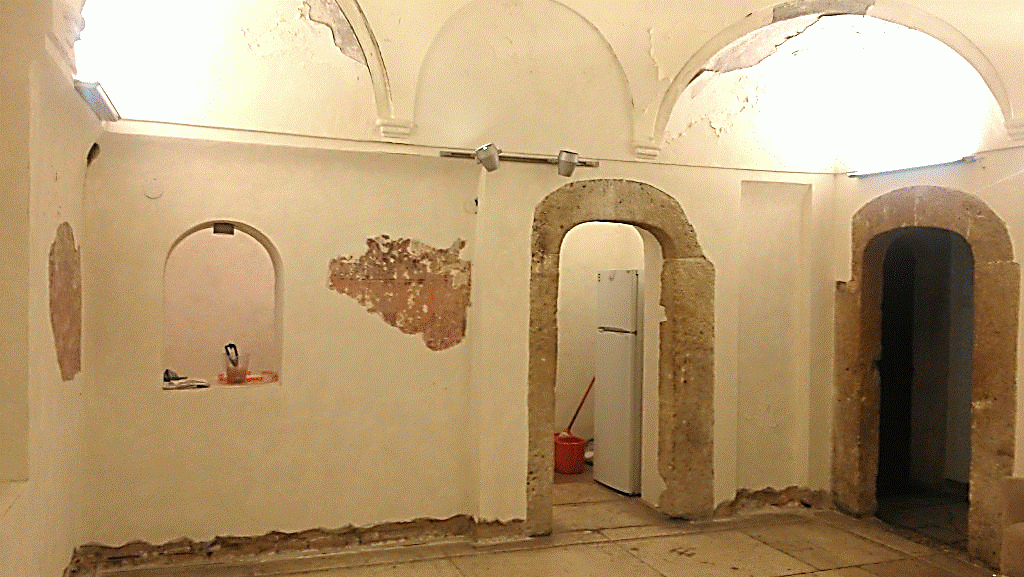With Serbia, first impressions can be deceiving.


With Serbia, first impressions can be deceiving.
Complicated historic grievances between groups or inconvenient timing are no justification to fail to act against genocide.
They were both responsible for thousands of civilian deaths in causes they believed were righteous. They both occupied top spots on the World’s Most Wanted list. They were both the subject of raids that were years in the making and required extensive intelligence work. But in all other respects — and particularly in the messages they sent to the international community — the operations against Ratko Mladic and Osama bin Laden couldn’t have been more different.

If nothing else, Holbrooke’s career illustrates the continuity of American foreign policy over every administration for which he worked.
This summer marks the fifteenth anniversary of the Srebrenica massacre, where 8,000 Muslims, mostly men and boys, lost their lives in the single worst act of genocide in Europe since the 1940s. For many, the key lesson of Srebrenica is that the United States should have used military force against the Serbs sooner than they did. For others, Srebrenica is a painful reminder of the overstated value of military intervention as a solution to a humanitarian crisis which in reality, could have been avoided through diplomatic means.
Ian Williams angrily denied that "NATO air raids on Serbia [beginning March 24 1999] actually precipitated the worst atrocities in Kosovo" and charged that it is deeply immoral for me to say so, "like claiming that the British air raids on Germany precipitated the Nazi gas chambers."
This is part of a strategic dialogue on Yugoslavia. See John Feffer’s opposing argument here, and their respective responses here. The successful demonization of the Serbs, making them largely responsible for the Yugoslav wars, and as unique and genocidal killers, was one of the great propaganda triumphs of our era. It was done so quickly, with such uniformity and uncritical zeal in the mainstream Western media, that disinformation had (and still has, after almost two decades) a field day.

Andrej Nosov. Photo by John Feffer.
The much-anticipated UN plan for Kosovo’s final status unveiled in part last week is a crucial step to resolve the long-standing conflict over the restive province in what used to be Yugoslavia’s southwest. While avoiding the controversial word “independence,” UN Special Envoy Matti Ahtisaari presented the outlines for a new Albanian majority state with a period of international supervision and substantial autonomy for the minority Serbs.